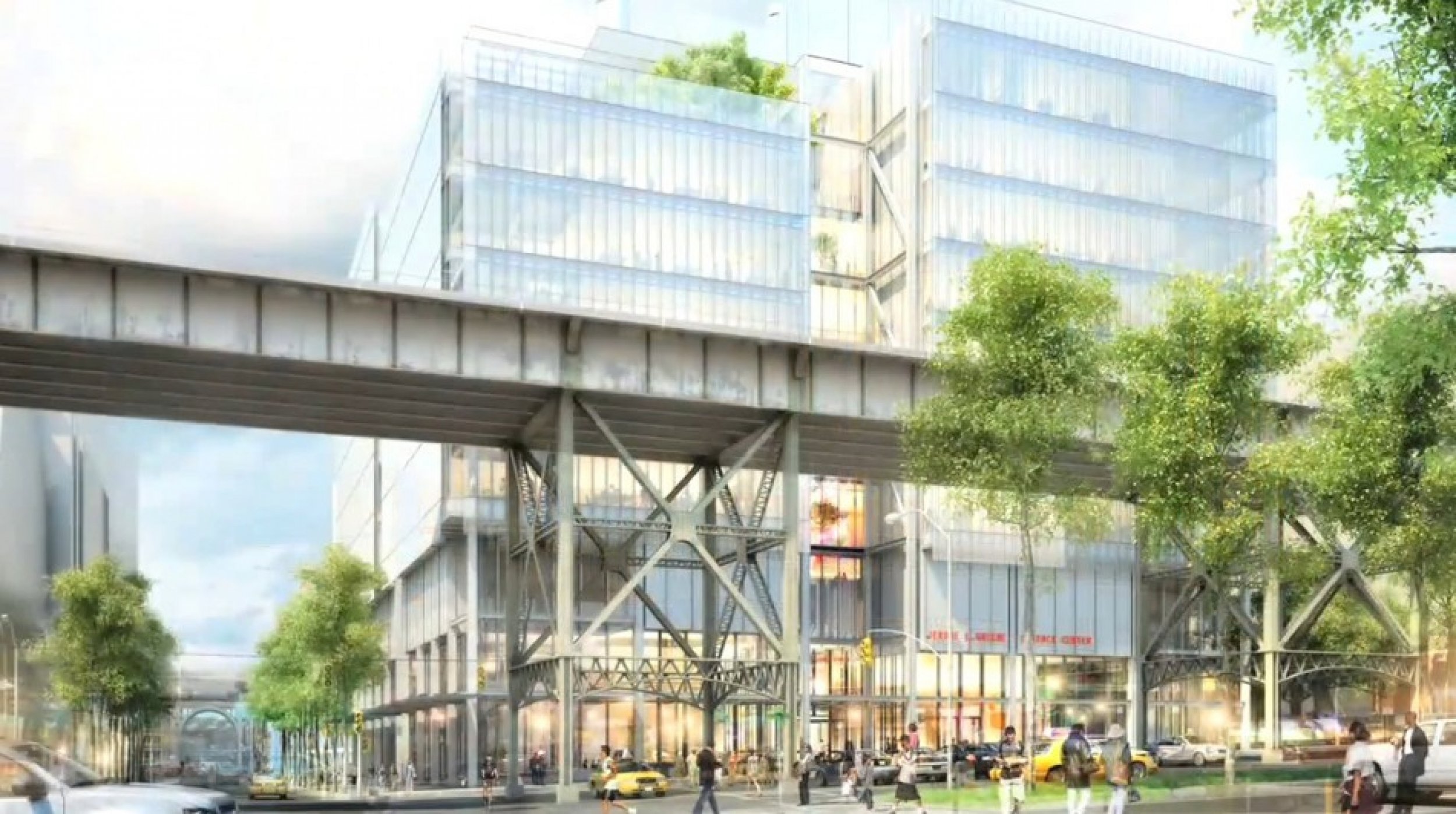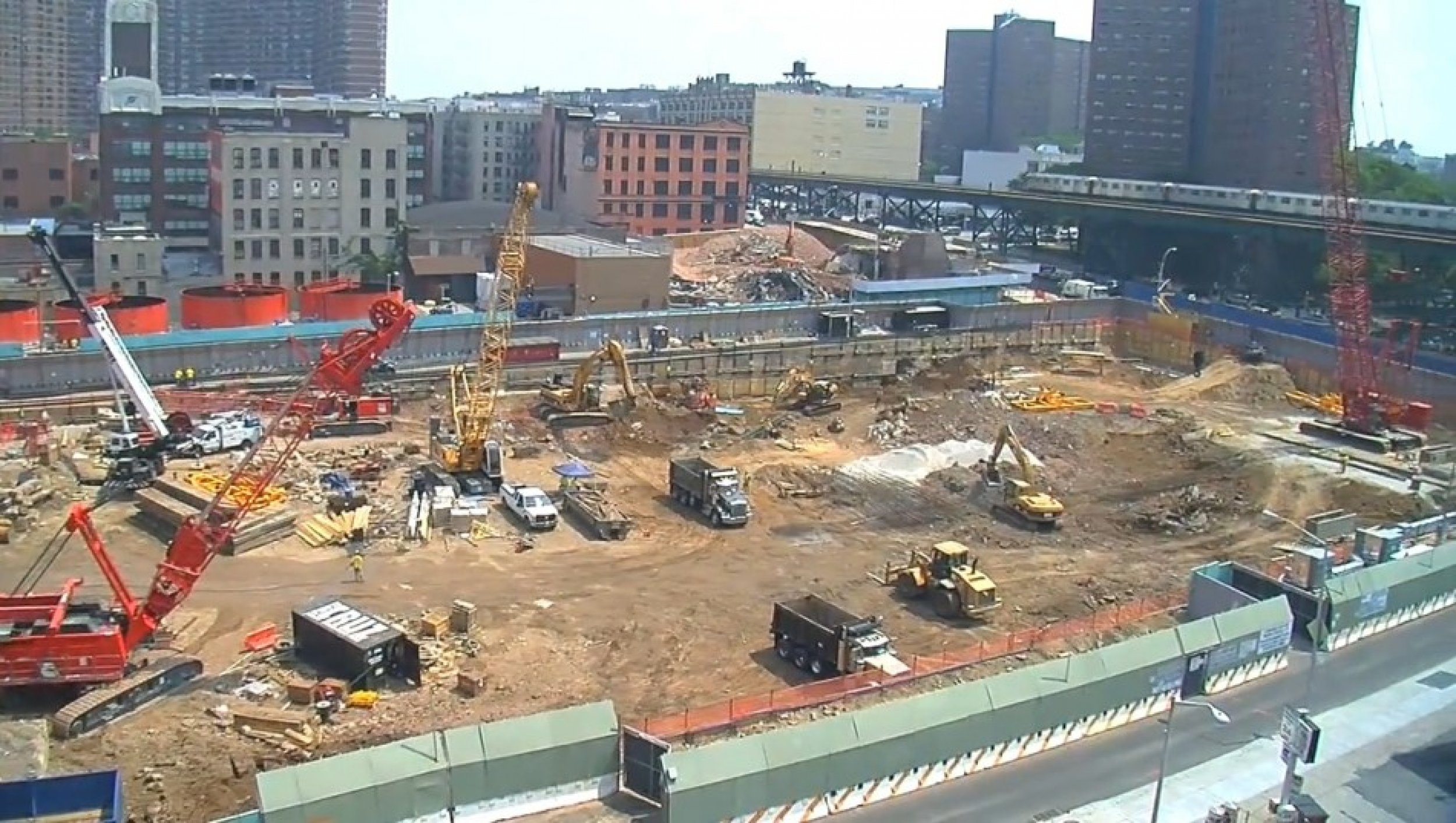Massive Brain, Mind Science Center Rising in NYC [PHOTOS]
Construction is ongoing at just a few blocks north of Columbia University's main campus in Manhattan, where the school is erecting a multi-story science center that will house about 1000 scientists from multiple academic fields to advance brain science.
We are trying to create an intellectual environment that will sustain itself for many decades to come, focusing on issues of the brain and mind, Thomas M. Jessell, a longtime neuroscientist at the school told the Columbia Record in May.
An official groundbreaking for the new center took place on October 8, 2010. The project was first announced in 2006 after a gift from Dawn M. Greene and the Jerome L. Greene Foundation made a $200 million donation to the school.
Scientists across disciplines will work together at the new building, bringing together brain researchers and physical scientists, including experts from other disciplines, he said.
Jessell says each floor on the building will occupy about 40,000 square feet of space and will be populated by about 1,000 scientists.
Architect Renzo Piano and his colleagues have thought very hard about how to maintain intimacy and communication in such a large construction.
The building will include small meeting spaces, large ones for bigger meetings.
Individual labs will have access to some 15 to 20 other labs without relying on elevators, simply by using stairs, he said.
Deliveries will be handled underground to prevent
Among the topics to be researched are the brain's decision-making at the neural level, saying such areas are highly relevant to the business school and economics department at the university.
Now is the time to try to understand the common language of brain and business. The discussions on these issues need to start now, he said.
The building will be a discovery engine to help drive the school's departments of neurological surgery, psychiatry and neurology, he said.
The school will also seek to inform the local community about brain science and its potential impact the 21st century, he said.
He said the center will answer questions the community cares about and will also highlight links between the undergraduate campus at the school and the research-intensive environment at the center.







© Copyright IBTimes 2025. All rights reserved.





















